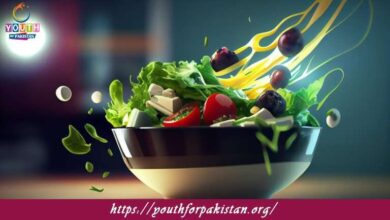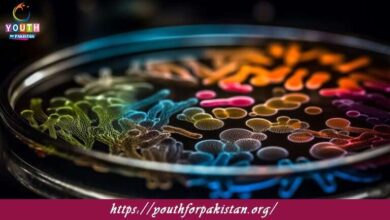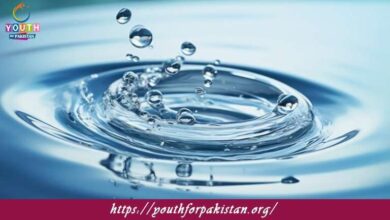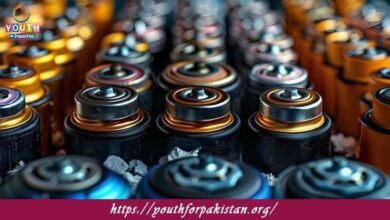9th Class Chemistry Chapter 6 Quiz with Answers
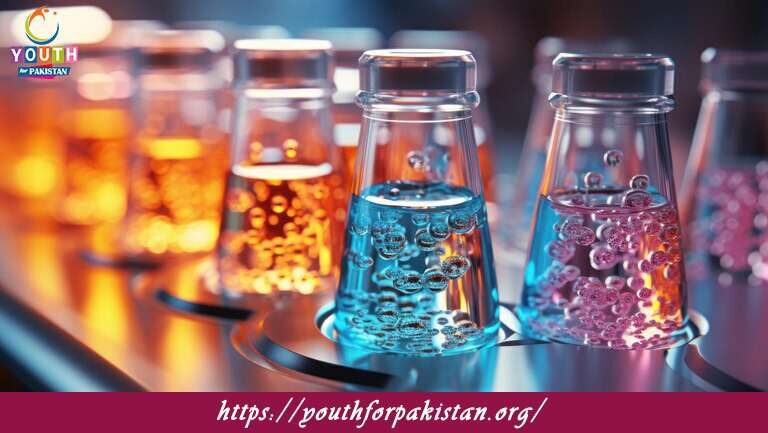
“9th Class Chemistry Chapter 6 Quiz: Solutions” is one of the important chapters dealing with the formation, properties, and types of solutions. This chapter is very important for MDCAT students since it explains in detail how substances interact in solutions, which is helpful in understanding many biochemical and chemical processes. Our MDCAT Quiz for this chapter is specifically designed to help you consolidate your knowledge and score better on the exam.
The chapter first defines a solution as a homogeneous mixture of two or more substances. It explains the types of solutions: solid, liquid, and gaseous solutions, and the process of dissolution. Important topics in this chapter include the solubility of substances and what affects it—such as temperature, pressure, and the nature of the solute and solvent. Students will learn about the units of concentration, including molarity, molality, and percentage concentration, which are very important in the quantitative analysis of solutions. Other important concepts include colligative properties, such as boiling point elevation and freezing point depression, which depend on the number of particles of the solute in the solution.
MDCAT Quiz: Sharpen Your Solution Knowledge
Our MDCAT Quiz for Chapter 6 is designed to assess your understanding of key topics such as solubility, concentration calculations, and colligative properties. The quiz contains questions that reflect the level of difficulty of the MDCAT exam, allowing students to identify their strengths and weaknesses. Regular practice with these quizzes enhances your problem-solving skills and ensures you’re well-prepared to handle solution-related questions in the MDCAT exam.
- Test Name: 9th Class Chemistry Chapter 6 Quiz
- Type: Quiz Test
- Total Questions: 30
- Total Marks: 30
- Time: 30 minutes
Note: Answer of the questions will change randomly each time you start the test, once you are finished, click the View Results button.
Free Flashcards for Solutions
Reinforce your review with these free flashcards for Chapter 6. Get a quick review of important terms like solvent, solute, molarity, molality, and colligative properties with these flashcards, and make it easier to memorize key information for the MDCAT exam. Flashcards are a very effective tool for reinforcing learning.

What is the term for a solution that has a high concentration of solute compared to solvent?
Concentrated

What is the term for a solution that contains the maximum amount of solute that can dissolve at a given temperature?
Saturated

What is the term for the mass of solute in a given volume of solution, usually expressed in grams per liter (g/L)?
Concentration

What is the term for a solution that contains less solvent than solute at a given temperature?
Concentrated

What is the term for a solution that contains more solvent than solute at a given temperature?
Dilute

What is the term for the ratio of the amount of solute to the amount of solution, expressed as a percentage?
Mass percent

What is the term for a solution that contains less solute than solvent can normally dissolve at a given temperature?
Unsaturated

What is the process called when a solid directly changes to a gas without passing through the liquid state?
Sublimation

Which of the following is not a factor that affects the rate of dissolution of a solid in a liquid?
Pressure

What is the term for a solution that contains more solute than solvent can normally dissolve at a given temperature?
Unsaturated

What is the process called when a gas escapes from a liquid in a solution and forms bubbles?
Effervescence

What type of solution is formed when no more solute can dissolve in a solvent at a given temperature?
Saturated

What is the term for a solution that contains equal amounts of solute and solvent at a given temperature?
Saturated

What is the term for a solution that contains less solute than it could dissolve at a given temperature?
Unsaturated

What is the solubility of a substance that only partially dissolves in a solvent at a given temperature?
Low

What is the solubility of a substance that dissolves completely in a solvent at a given temperature?
High

What type of solution contains more solute than would normally dissolve at that temperature?
Supersaturated

What is the process called when excess solute is added to a saturated solution, but it does not dissolve?
Precipitation
Experience the real exam environment with our expertly designed collection of over 25,000 MCQs MDCAT Mock Tests.


